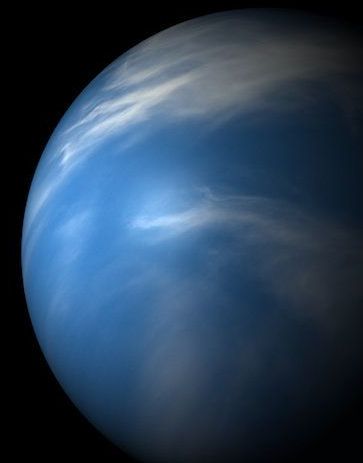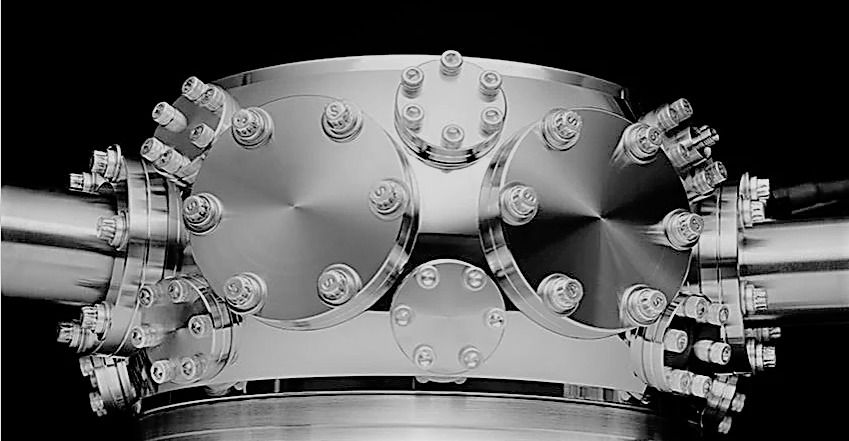An exoplanet smaller than Neptune with its own atmosphere has been discovered in the Neptunian Desert around its star by an international collaboration of astronomers, with the University of Warwick taking a leading role.
The rogue planet was identified in the new research, led by Dr Richard West including Professor Peter Wheatley, Dr Daniel Bayliss and Dr James McCormac from the Astronomy and Astrophysics Group at the University of Warwick.
NGTS is situated at the European Southern Observatory’s Paranal Observatory in the heart of the Atacama Desert, Chile. It is a collaboration between UK Universities Warwick, Leicester, Cambridge, and Queen’s University Belfast, together with Observatoire de Genève, DLR Berlin and Universidad de Chile.








